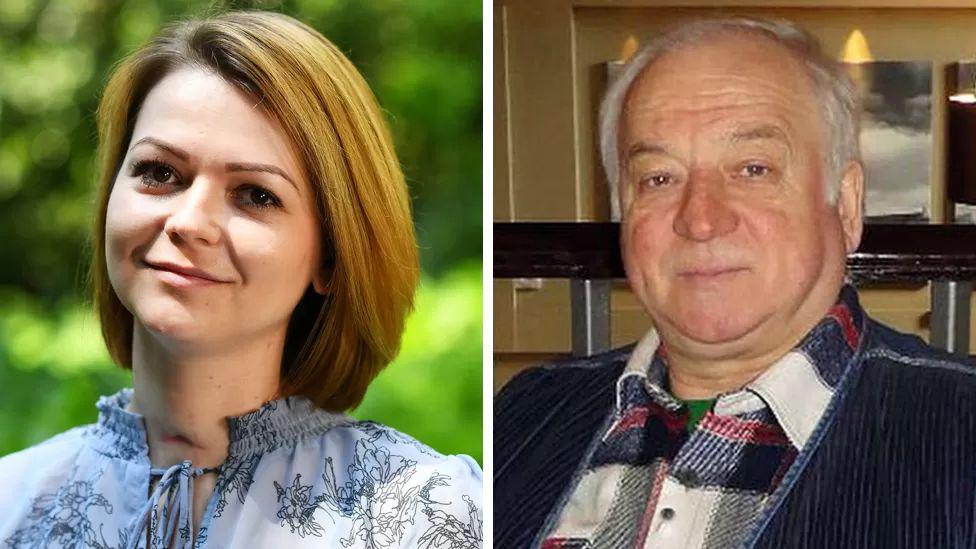Ex-spy and daughter will not give evidence in court
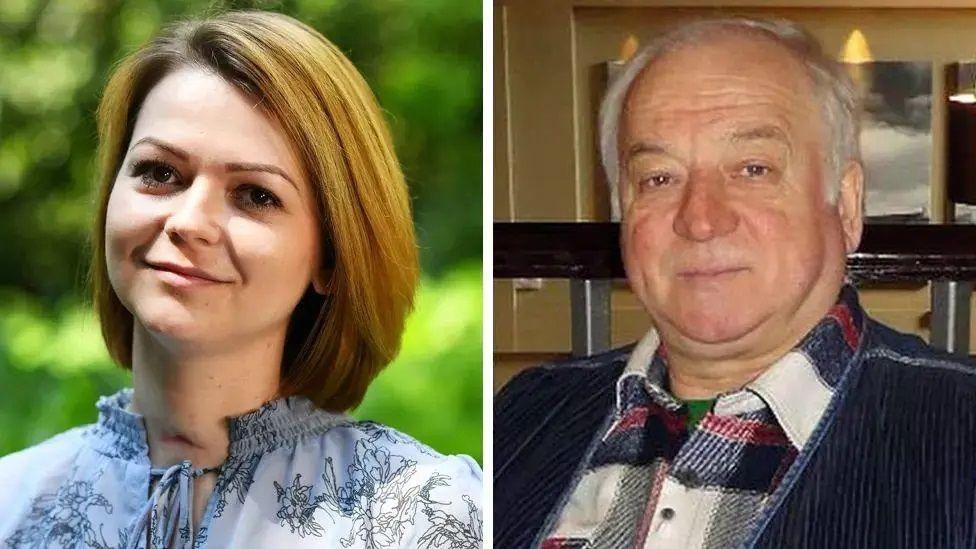
Yulia and Sergei Skripal survived the murder attempt in March 2018
- Published
A former spy and his daughter, who were victims of the Salisbury poisonings, will not be called to give evidence at a public inquiry out of fears for their safety.
An inquiry is set to begin regarding the death of Dawn Sturgess, a mother of three from Wiltshire, who died in July 2018 after coming into contact with the deadly Novichok nerve agent.
She died four months after the targeted nerve agent attack on Sergei and Yulia Skripal in Salisbury,
The judge presiding over the inquiry has ruled the potential risks of physical danger to the Skripals outweigh any benefits of their testimony.
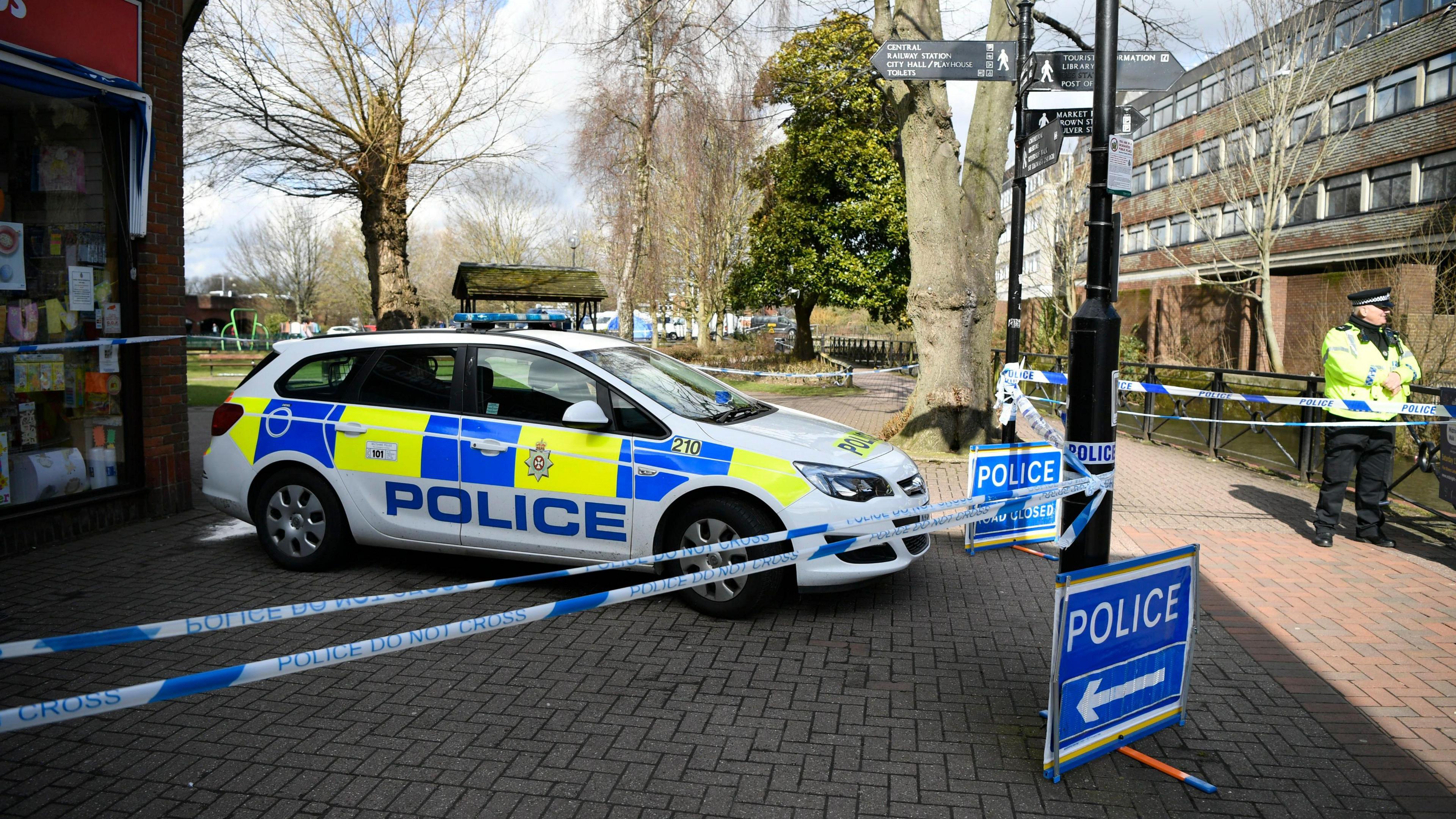
The poisonings sparked an international investigation
Sergei and Yulia Skripal were found unconscious on a bench in Salisbury on March 4, 2018, following exposure to Novichok.
This incident sparked a massive international investigation, leading to accusations Russian agents had smeared the nerve agent on their front door handle in an assassination attempt.
The Kremlin has consistently denied involvement.
In June 2018, Ms Sturgess was fatally poisoned after accidentally spraying herself with a substance she believed to be perfume, but which turned out to be Novichok.
The bottle is believed to have been discarded by the same agents who targeted the Skripals.
An inquest into Ms Sturgess' death was opened in 2021, but the coroner called for a public inquiry to allow access to classified intelligence, which will be considered privately.
Now, six years after Ms Sturgess’ death, the inquiry aims to uncover more details about what happened, who was responsible, and whether the tragedy could have been prevented.
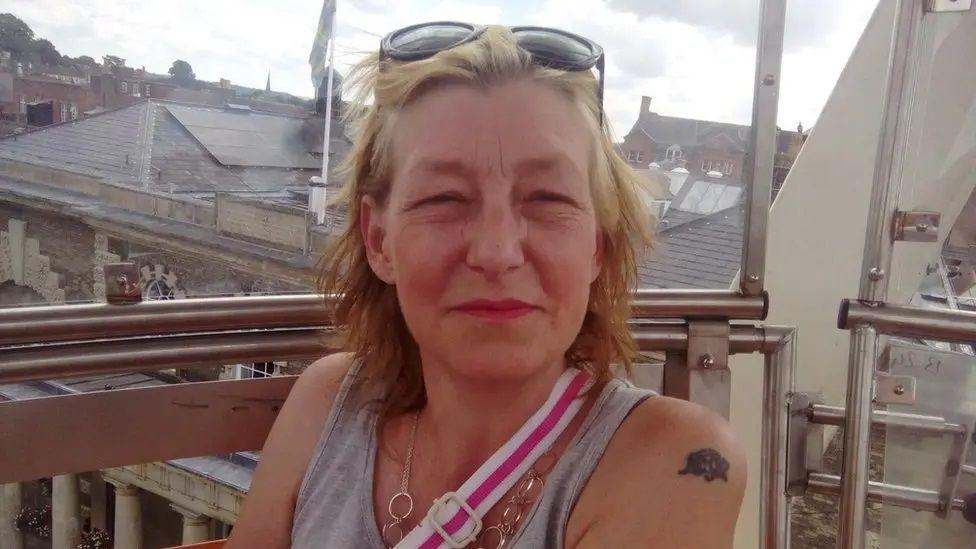
Dawn Sturgess' family had urged the Skripals to give evidence at the inquiry
Ms Sturgess' family had called for the Skripals to give evidence at the inquiry, as they continue to seek answers regarding the circumstances surrounding their daughter’s death.
However, Lord Hughes of Ombersley, who is leading the inquiry, has ruled the Skripals will not appear, citing the significant risks to their safety.
"There is every reason to believe that an attack similar to the one that took place in 2018 remains a real threat," Lord Hughes stated.
He explained that if the Skripals’ identities or locations were revealed, they could become targets once again.
Lord Hughes also ruled out the possibility of the Skripals giving evidence remotely, citing concerns that the security of any video link could be compromised, potentially exposing their location.
'Risks outweigh benefits'
The judge was also worried that if the Skripals were seen or heard, their identities could become widely known, increasing the risk of further attacks.
Furthermore, he ordered interviews from 2018, in which the Skripals were seen answering questions, should not be played, as this footage could be used to identify them today.
He concluded the family of Ms Sturgess could still receive answers through alternative evidence, such as interview transcripts or written testimony from the Skripals if necessary.
"I am satisfied that the risk of further attacks outweighs any benefit in playing the interviews," he said.
The public inquiry is scheduled to begin on 14 October in Salisbury before moving to London.
Get in touch
Tell us which stories we should cover in Wiltshire
Follow BBC Wiltshire on Facebook, external, X, external and Instagram, external. Send your story ideas to us on email or via WhatsApp on 0800 313 4630.
Related topics
- Published2 February 2024
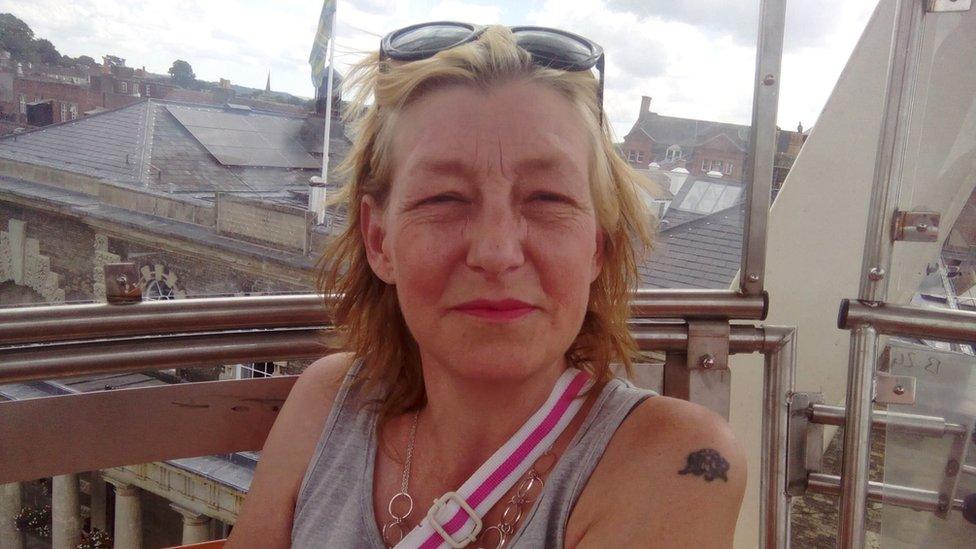
- Published25 March 2022
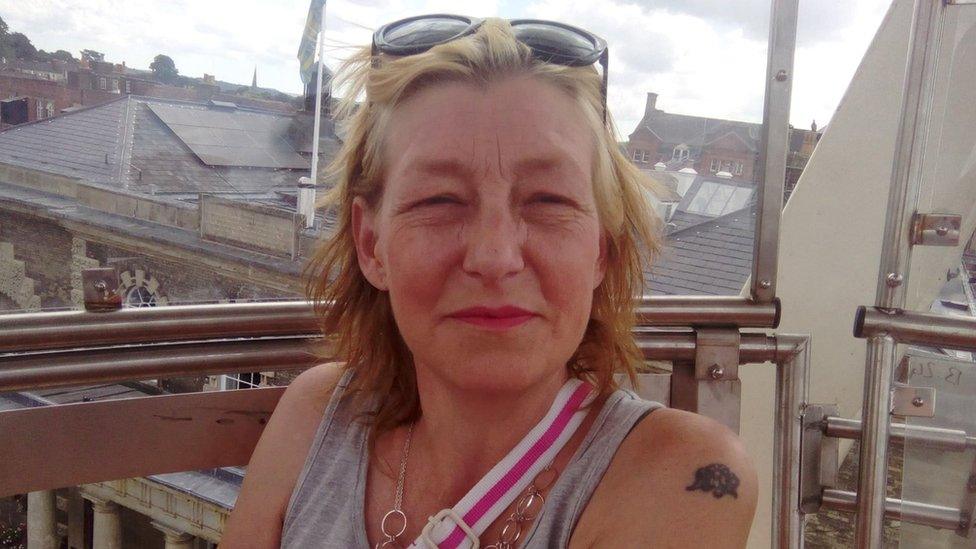
- Published21 June 2024
